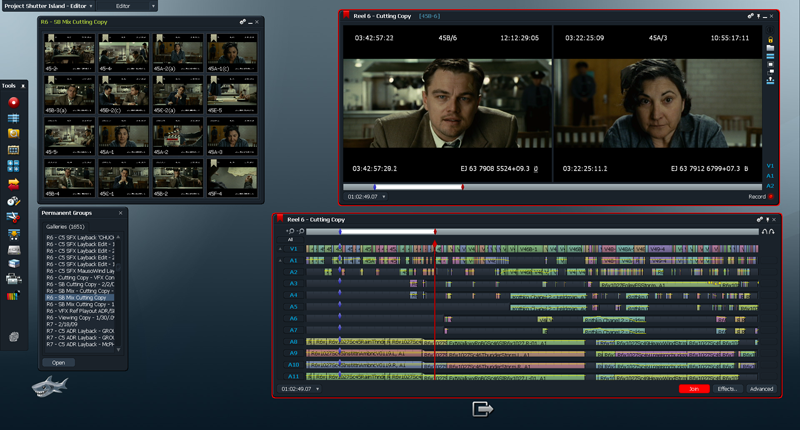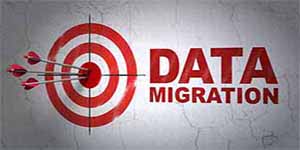Many people understand that in order to be successful in today’s digital climate they must include digital analytics in measuring the effectiveness of your marketing strategies. While most tend to think “web analytics” when we talk about digital analysis, many overlook the importance of adding marketing analytics to those measurement reviews. In fact, a recent report from Unica’s State of Marketing in 2011 stated that over half of marketers cited “measurement, analysis, and learning” as one of the issues that they face within their respective brands.
While web analytics like Google analytics are important when it comes to the technical performance of your digital presence, it doesn’t provide enough substantial data for marketers trying to make sense of the effectiveness of their campaigns. It is suggested to consider making gathering and analysing marketing analytics in addition to traditional web analytics.
Start By Understanding The Difference
Web analytics are easy to spot and track. By adding applications like Google Analytics to your web tracking system, you can gather information on your website’s traffic, bounce rate, unique visitors, referrals and more. This information helps webmasters understand the performance and effectiveness of their digital presence and other key points like SEO rankings. It gathers the technical metrics required to make sure that the wheels of your website are functioning correctly.
According to WordStream, the actual definition of marketing analytics is the practice of measuring, managing and analyzing marketing performance. Marketing analytics provide more business metrics than anything else. Where web analytics captures the technical information, captures information on the people your business is trying to reach. With accurate marketing analytics, marketers get a more in-depth understanding of things like leads and sales and conversions from leads to customers.
Why Marketing Analytics are Important
It takes a deeper dive beyond traditional web analytics and inspect the performance of other sources. Sources include email campaigns, social media and even events beyond the internet. In measuring the true ROI of the marketing activities and strategy, it helps the business/brand understand where to continue and where to re-evaluate their marketing strategy. Deploying marketing analytics can significantly improve the ability to identify alternative courses of action when it comes to specific aspects of their overall marketing campaigns.
An effective business and marketing strategy will divide their attention by reviewing web analytics and marketing analytics. They do it separately to make sure they are functioning well together. The tricky part is that this type of detailed analytics requires the use and management of multiple platforms. Companies like SAS Software understand that your point of view is only as effective as the analysis across all platforms. Here are a few questions marketers and business owners can ask themselves while evaluating marketing analytics:
- Did my marketing strategy affect the web analytics?
- Are we reaching our targeted audience effectively?
- What is the average conversions of leads to sales based on our marketing strategy?
- Which keywords were more effective than others?
The world of data analytics can sometimes feel overwhelming and expansive. One can dissect each piece separately can help your business gain a better focus on the overall marketing strategy. Include webmasters in discussion with marketers so that each space is contributing to one another. The data is only as strong as the weakest link.
Tags: digital marketing, Marketing Strategy











